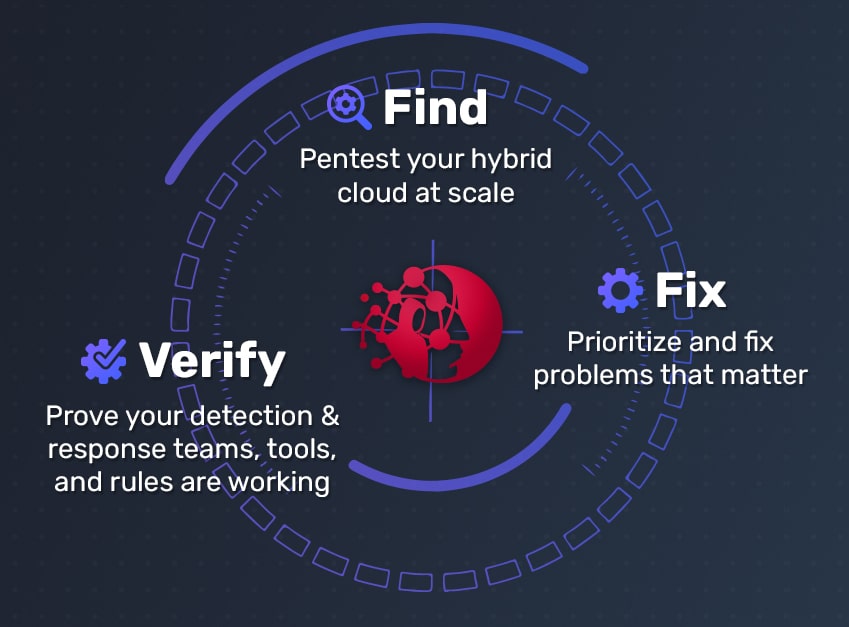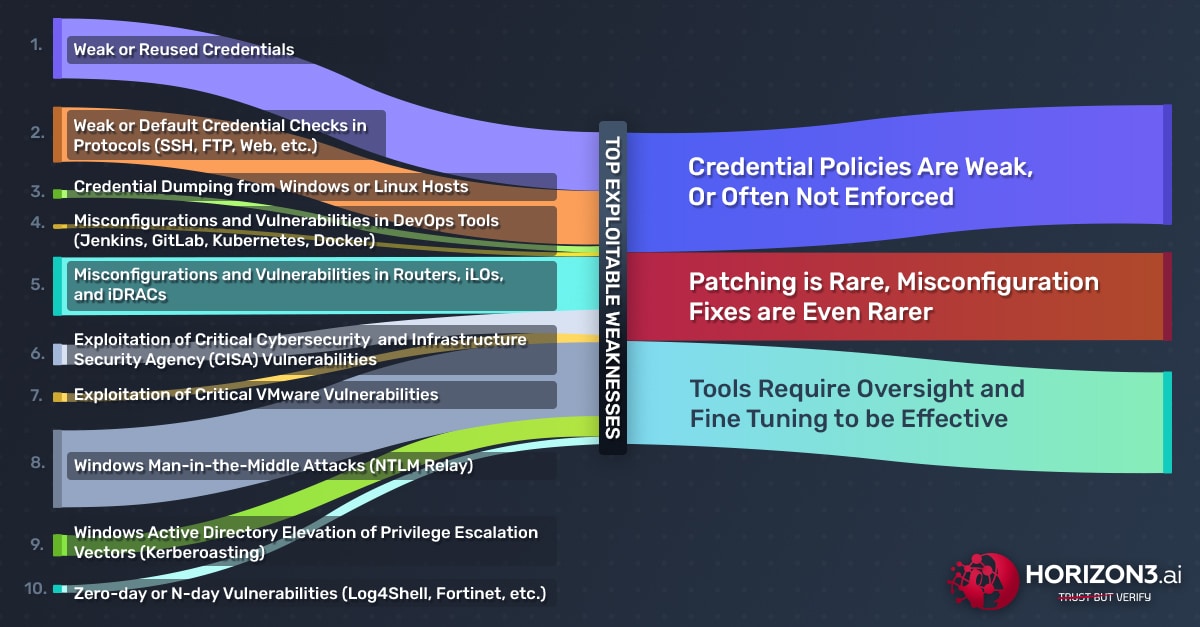Discover the Future of Cybersecurity at the 4th Annual Open Source Security Summit
Join Brian Krebs, Rachel Tobac, and Zack Kass at the forefront of open source development with security industry leaders
SANTA BARBARA, Calif., November 27, 2023–(BUSINESS WIRE)–Bitwarden, the credential management leader, today announced the fourth annual Open Source Security Summit will take place on December 7, 2023. Headline speakers for this event include Brian Krebs, cybersecurity reporter and author of popular security and investigation site Krebs on Security, Zack Kass, AI advisor and the former Head of GTM at OpenAI, and Rachel Tobac, white hat hacker and CEO of SocialProof Security. The Summit brings together business leaders, industry visionaries, and technology users to chart a path forward and highlight the future of open source security solutions.
About the Open Source Security Summit
The free and virtual Open Source Security Summit is a forum to explore the intersection of open source and security. Building on the previous three Summits, this year’s event will continue the conversation with cross-industry experts and dive deeper into why open source solutions lead to better security outcomes, as well as how using open source tools can build trust with customers and consumers.
The event kicked off in 2020, with the conversation centered around cybersecurity and credential management – a critical first line of defense for individuals and companies to mitigate cyberattacks. Subsequent events expanded to cover the topic in-depth, with attendees and business stakeholders discussing their open source strategies, challenges, and efforts to make open source security understandable to both software developers and users.
About the Speakers
Brian Krebs, independent investigative journalist and founder of popular in-depth security and investigation site Krebs on Security, is the author of ‘Spam Nation’ and a former Washington Post reporter. During his time with the newspaper, he authored more than 1,300 blog posts for the Security Fix blog, as well as hundreds of stories for washingtonpost.com and The Washington Post newspaper. His knowledge about computers and internet security is self-taught, which he credits to having direct access to some of the smartest minds on the…






